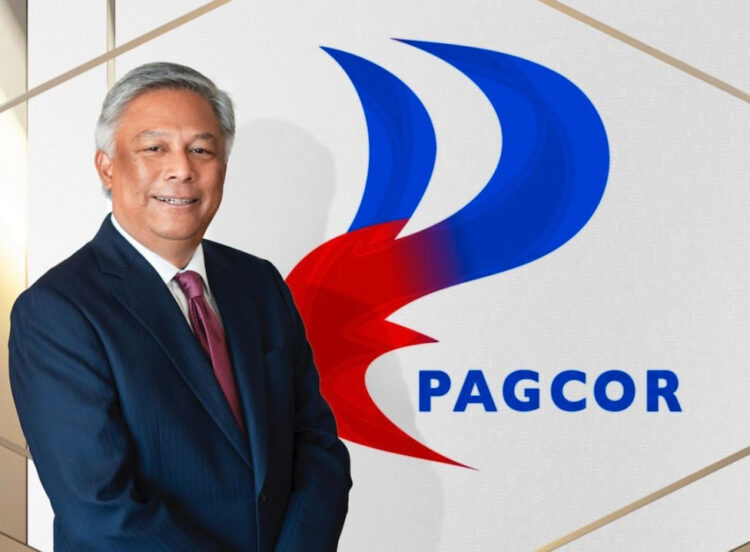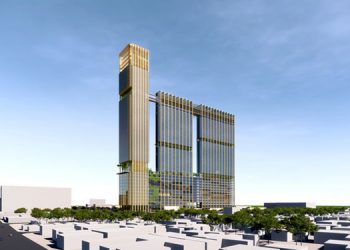The Chairman and CEO of Philippine gambling regulator PAGCOR, Alejandro Tengco, said in a lengthy radio interview on Tuesday that he did not agree with calls to ban all online gambling in the country, stating regulation is key to cleaning up the industry.
He does, however, support tighter restrictions on online gambling advertising while reiterating the need to ramp up the fight against illegal offshore operators, according to local media outlet the Inquirer.
Tengco’s comments follow the filing of a bill by Senator Juan Miguel Zubiri late last week calling on a total ban on all online gambling nationwide, claiming the domestic eGames industry is even more dangerous than the already banned offshore POGOs.
A more realistic bill was filed by Senator Sherwin Gatchalian seeking stronger now-your-customer rules, greater regulation of gambling advertising, the imposition of a minimum top-up threshold of Php10,000 (US$177) and a ban on payment platforms like GCash and Maya from working with online betting operators, among other suggestions.
In an interview with DZMM on Tuesday, Tengco explained that “PAGCOR’s current stand is not a total ban, but stricter regulation” – adding that the licensed domestic online gaming industry is a key revenue driver for the government.
“The current government is earning PHP100 billion directly and indirectly. Let’s not ignore it,” he continued, adding that Php50 billion is being generated annually in license fees alone.
“The truth is, one of the largest online gaming companies licensed by PAGCOR, what was reported to me is that over Php30 billion or Php40 billion were paid in taxes.
“Secondly, there are also ancillary businesses; there are security guards, drivers, messengers, restaurants where these people eat, various transportation companies used by those involved in the online gaming industry. So that’s the indirect one.
“So, the impact of this is hundreds of billions in revenue for our country that could potentially be lost if the total ban is enacted.
“That’s why I said we have a senator, Senator Gatchalian, who is for stricter regulation. That way, the industry can continue to be regulated, and at the same time, the government also makes money.”
Tengco said the biggest issue the industry was facing right now was not those operators licensed to offer online gaming to Filipinos but illegal offshore operators who sat outside the law.
“Right now, we can only capture about 45% to 50% of the entire online gaming sphere or the industry because there are so many illegal operators that are still operating,” Tengco said.
“The proliferation of online illegal operators unfortunately does not come from our country but from other countries that target Filipino customers.
“What is really destroying the industry today are the illegal operators coming from other countries who are targeting Filipino customers. They probably know that Filipinos love to gamble. That is what is currently destroying the well-regulated online gaming industry regulated by PAGCOR.”
Among the regulator’s initiatives to address problem gambling concerns are the establishment of a 24/7 hotline for those in need of help plus a dedicated rehabilitation center.
Artificial intelligence is also set to be deployed by way of a monitoring system with self-exclusion tools and mandatory cooling off periods for those detected to be gambling erratically.
Asked about calls to place restrictions around the advertising of online gambling sites, Tengco said moves were already in place to limit the scale and scope of the many large outdoor banner ads that can be seen promoting such sites across many parts of the country.
“We will regulate all the outdoor billboards that we see popping up. They spring up like mushrooms, there are billboards everywhere, they’re as big as buildings. So that will be regulated,” Tengco said, adding that the licensed operators he has spoken to have not raised any objections to such an initiative.
“We’ll just give them a little time. Because there are others, the ones for this month, for this year, have already been paid, but we won’t extend what we call the period where we’ll have all of this removed, and we’ll regulate the sizes so that the buildings aren’t as big.”
On the advertising of online gambling on television, Tengco stated, “there is a window, like 5:30pm to 8:30pm, that’s primetime. It will no longer be allowed. For the young people, for the families who watch, watch the news while eating. They won’t see ads like this anymore.”
Tengco also said he would look into a proposal to raise minimum deposit amounts to ensure it was more difficult for young people with fewer financial resources to participate.



































